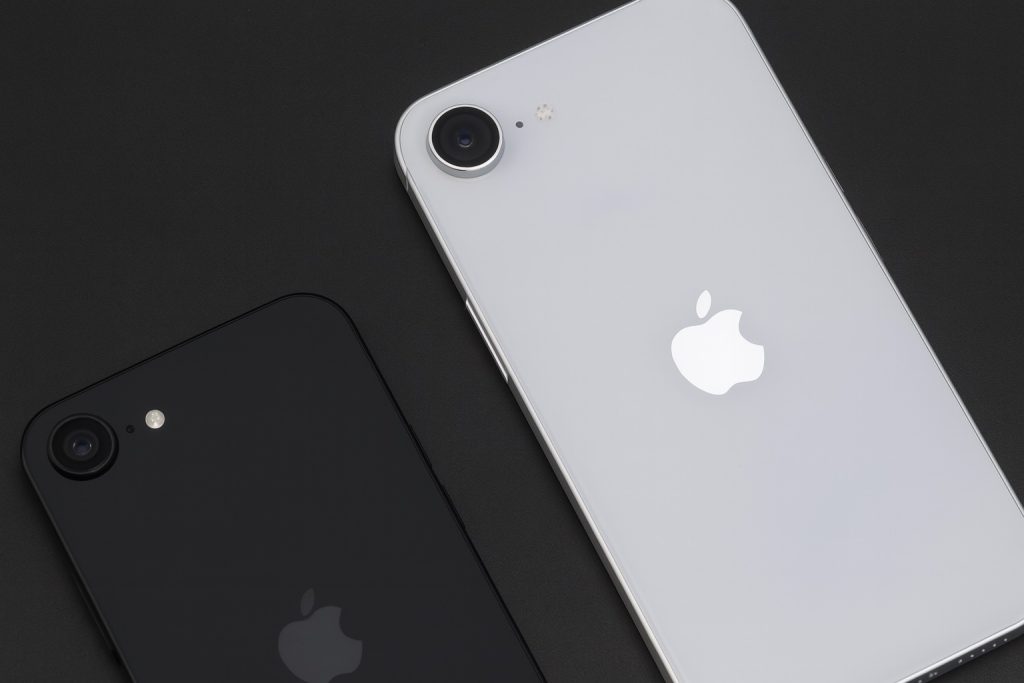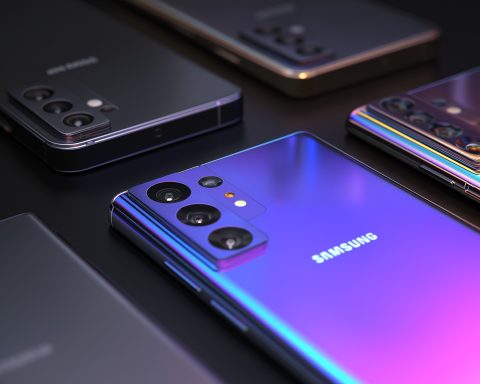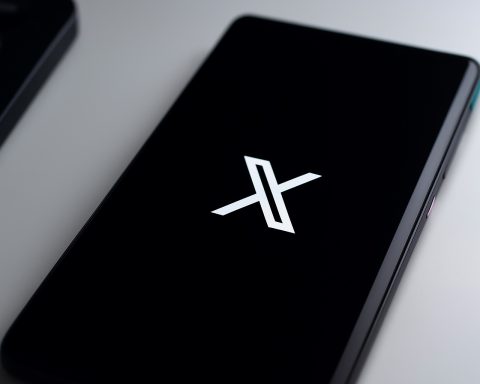
Surto do iPhone, Cirurgia 5G e Vazamentos do Android – As Bombas da Tecnologia Móvel de 3 a 4 de Outubro de 2025
Apple em alta – exceto por um iPhone fino Os mais recentes iPhones da Apple tiveram um início promissor neste outono. Quase duas semanas após o lançamento, analistas do Morgan Stanley relataram uma demanda mais forte do que o esperado para a





